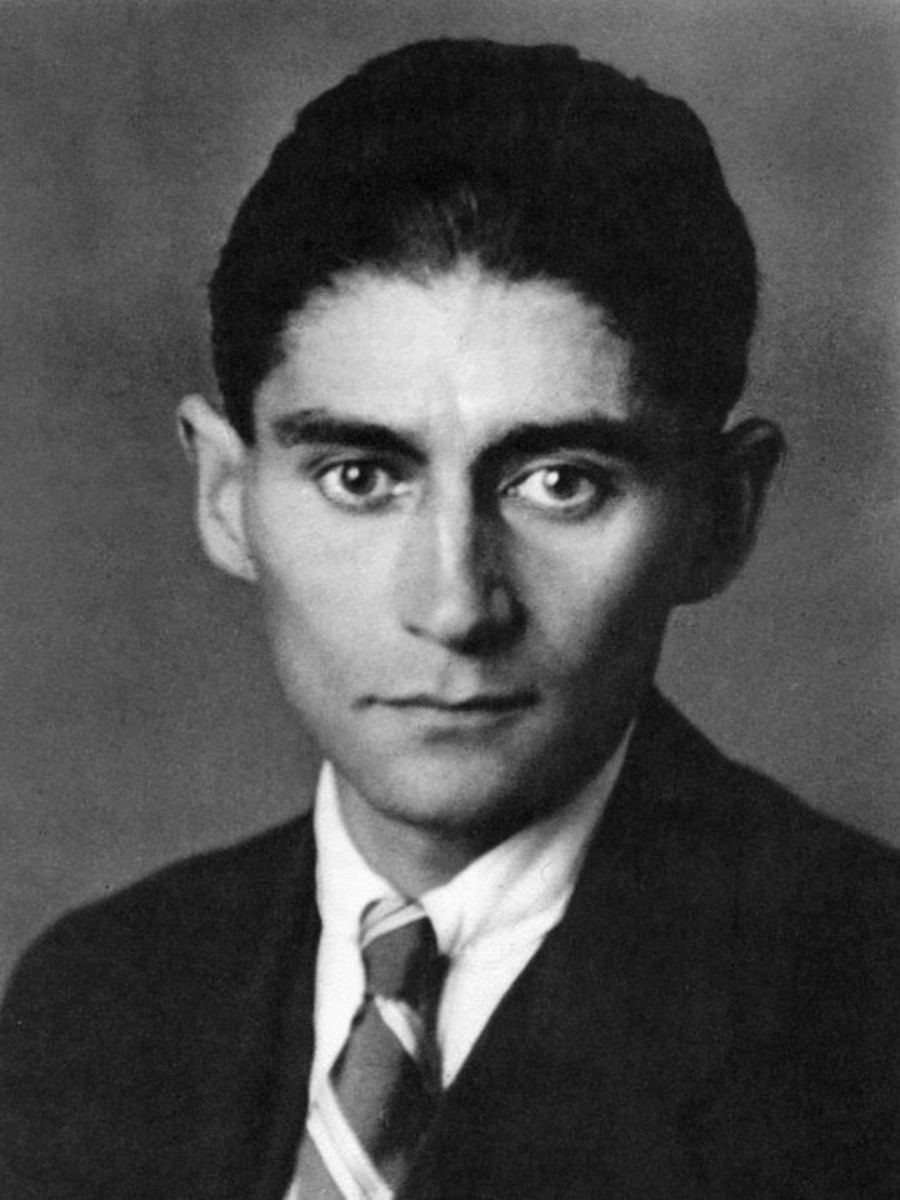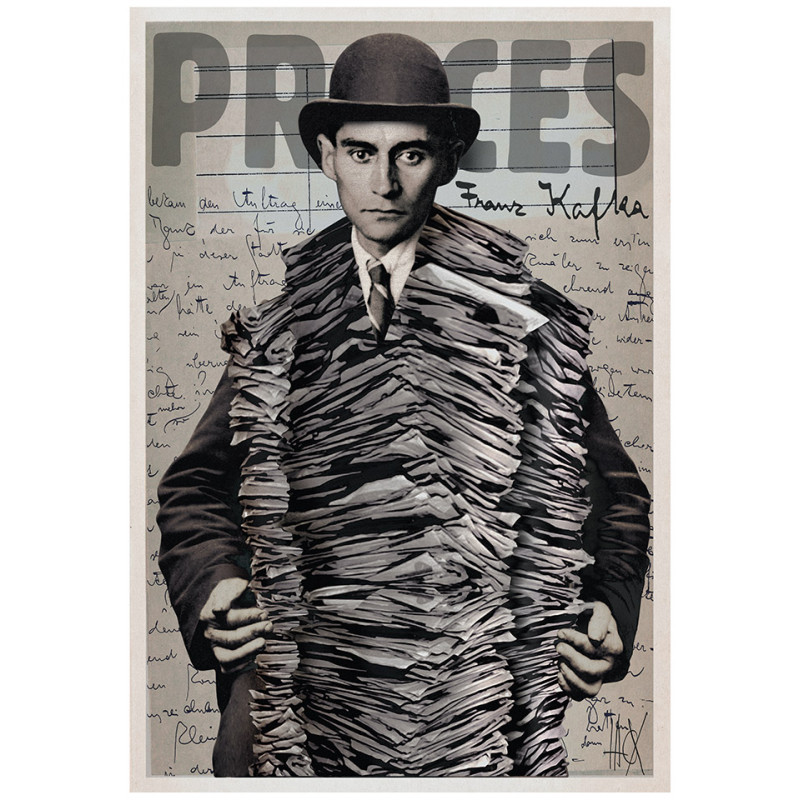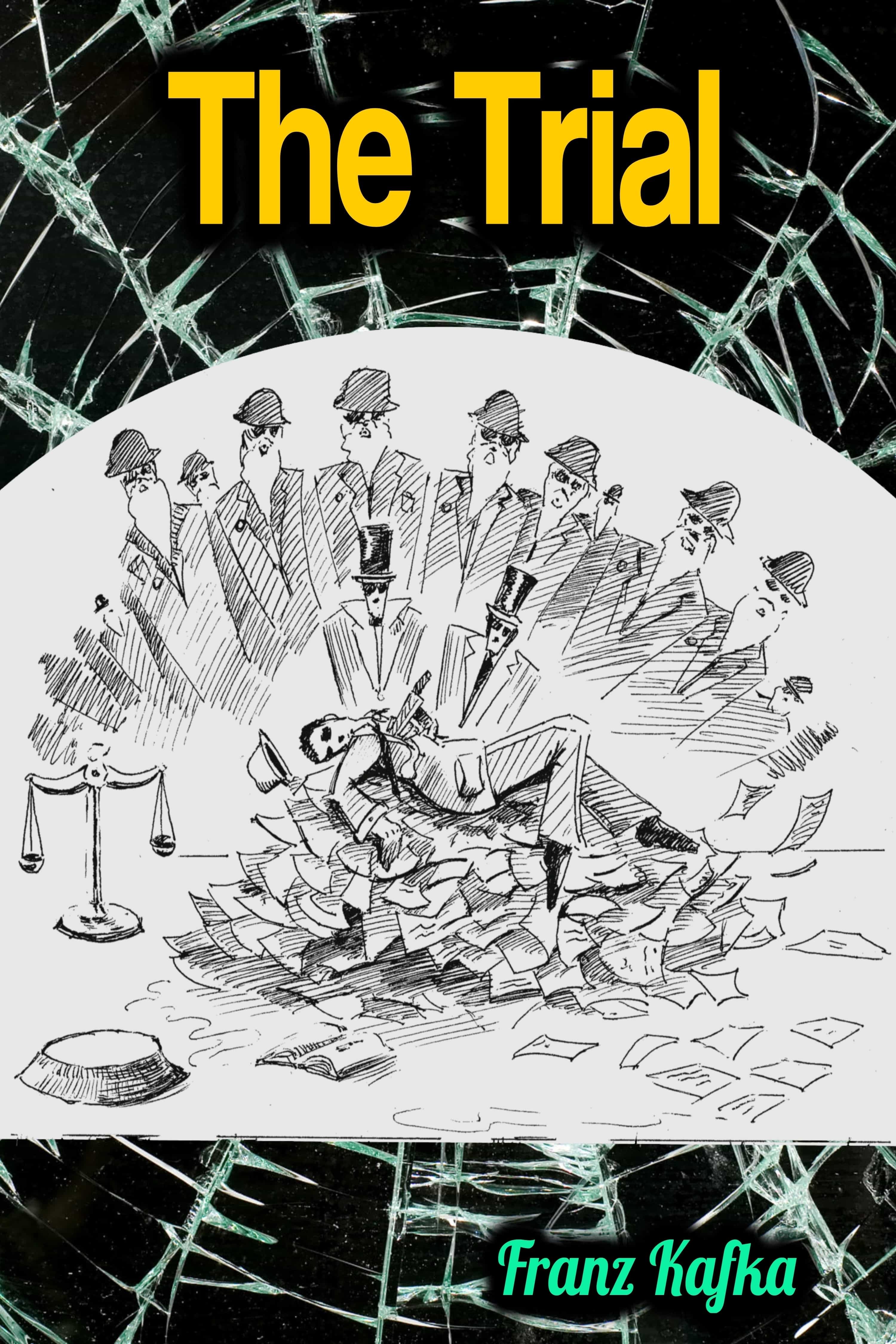

To cut the chase, this story does not end well. In the end, he stated that “logic is doubtless unshakeable, but it cannot withstand a man who wants to go on living.” But the truth is, in a world like that of K.’s, the will to live won’t be enough. There would be nothing heroic in it were he to resist, to make difficulties for his companions, to snatch at the last appearance of life by struggling.” “… the important thing was that he suddenly realized the futility of resistance. replied, “It turns lying into a universal principle.”Īnd upon his execution, this biting realization hits home: “It is not necessary to accept everything as true, one must only accept it as necessary.” To which K.

met a priest, who turns out to belong to the Court as a prison chaplain, and told him a story about a man and a doorkeeper.

It seems like Orwell’s 1984 with a fake filter that makes you perceive you have “freedom.” You are being watched and you can get arrested out of the blue. The inaccessibility of the Court and the Law describes the absurdity of a system in which one will never know if he is doing something wrong or write, and when he does, will never find out what it is. Just as absolute acquittal for K., who is an innocent man to begin with, is a senseless idea to pursue.

Intriguing.”Īnd as the story progresses in various vicious directions, K.’s disturbing trial revealed something utterly familiar (and unsurprising): justice is an impossible dream. “Someone must have been telling lies about Joseph K., for without having done anything wrong he was arrested one fine morning.” It was brief. First published in 1925, it is astounding for one to create a complex literature in a span of a year.Īpart from the succinct title, the plot and mood was set from the very first passage in the novel: We can almost instantly assume that Kafka’s The Trial was about the crooked and paradoxical ‘injustice of the justice system’ upon reading its first couple of pages.


 0 kommentar(er)
0 kommentar(er)
